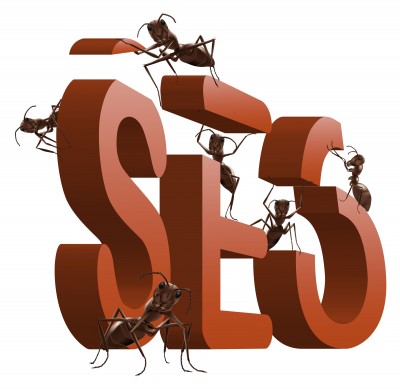New research sheds some light on the effectiveness of organic versus paid search. But there are good reasons to use both.
Search engine optimization has become a key weapon in every travel & leisure marketer’s marketing arsenal.
But many travel marketers are asking the same questions: “What are benefits of paid versus organic search? And what’s more effective?”
There are at least 4 reasons to consider organic search:
- If you’ve got the time and staff hours to create quality content, you don’t pay extra for your search rankings.
- Organic listings generate more click-throughs because they offer unbiased information.
- Organic results tend to last longer. Your rankings can last for weeks or months.
- Organic search can offer a better ROI because of the limited expenses associated with it.
There are at least 5 major benefits of paid search:
- The search engines don’t charge you a fee to place or run your ad. So you only pay for users who click through on your ad.
- Pay per click ads can level the playing field for small businesses because your ad can run alongside a much bigger brands’.
- You can set up and run a pay-per-click campaign in a few days. By comparison, it can take months to raise your organic search rankings.
- Advanced metrics allow you to alter your campaign in real-time to respond to either good or bad performing ads.
- Pay-per-click campaigns utilize geo-targeting, effective keyword research and demographic site selection allow you to target your viewing audience much more precisely.
User experience research firm User Centricrecently released a study that sheds new light on the effectiveness of organic versus paid search:
- Organic search results were viewed 100% of the time.
- Participants spent an average of 14.7 seconds on Google
- They spent an average of 10.7 seconds looking at organic search results on Bing.
But when it came to paid search ads, fewer people looked at them:
- 91% looked at center paid search ads for Google, and 90% looked at center ads on Bing.
- Only 28% looked at right-side ads on Google, and 21% looked at right-side ads on Bing.
- Only 17% looked at upper left side ads on Google, while 18% looked at them on Bing.
- Users spent less than a second look at center paid search ads for both Google and Bing.
Hitwise’s latest numbers also shed some light on success rates:
- Google may do more searches, but Bing’s success rate is 16% higher.
- 81% of all Bing and Yahoo searches resulted in a click.
- 66% of Google searches resulted in a search.
When travel & leisure marketers should use paid versus organic search:
- If you’ve got the time and staff to write quality, relevant content for your blog and social sites, organic search works great.
- If you’ve got to deliver results immediately, and can invest the time to test and adjust paid search may be your best bet.
- Bottom Line: organic search takes a lot of time and effort to build, but lasts longer.
- Paid search has more hard costs associated with it, but you can get it up and running faster and it can deliver a quicker ROI.
How are you using search?
What kinds of results are you getting? What have you learned? Talk to us.

